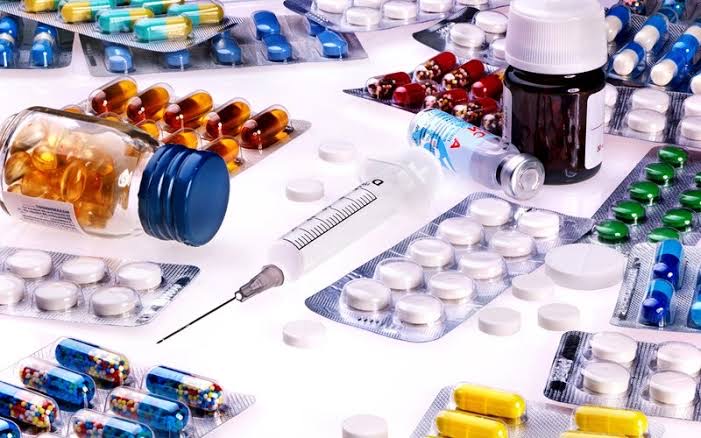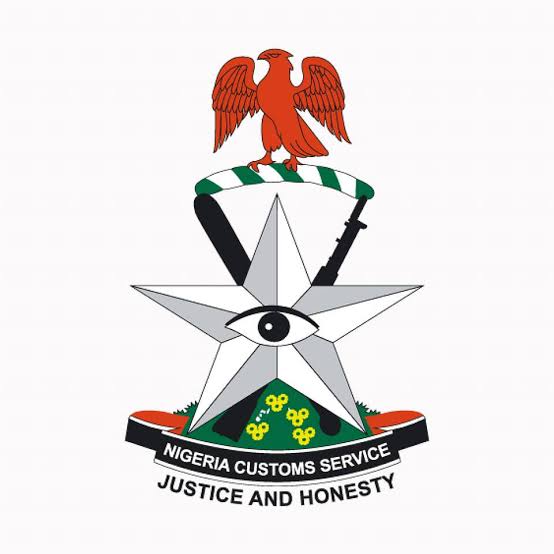President Bola Tinubu has signed an executive order suspending import duties and value-added tax on essential medical supplies brought into Nigeria. This initiative aims to alleviate the high costs associated with local production of pharmaceuticals, diagnostics, and medical devices like needles, syringes, and other biological products.
Health and Social Welfare Minister Muhammad Ali Pate announced the move on Friday, stating that the Minister of Justice and Attorney General of the Federation will take steps to formalize the new order.
Pate emphasized, “This order is critical to the success of the Initiative for Unlocking the Health Care Value Chain, approved by the President in October 2023.” The order implements zero tariffs, excise duties, and VAT on specific machinery, equipment, and raw materials, intending to lower production costs and enhance the competitiveness of local manufacturers.

The minister outlined that the items covered include active pharmaceutical ingredients (APIs), excipients, and other essential raw materials for producing vital health products such as drugs, syringes, long-lasting insecticidal nets, and rapid diagnostic kits.
Additionally, the order introduces market-shaping mechanisms like framework contracts and volume guarantees to encourage local manufacturing.
Pate also stated that the order mandates collaboration among the ministers of Health, Finance, Industry, Trade, and Investment to develop a unified implementation framework, streamlining regulatory approvals and reducing obstacles.
Agencies such as the Nigeria Customs Service, National Agency for Food and Drug Administration and Control, Standards Organisation of Nigeria, and the Federal Inland Revenue Service will be responsible for ensuring swift implementation, with special waivers and exemptions valid for two years.
“The implications of this order include promoting market-based incentives for medical industrialization, reducing costs through import substitution, retaining economic value, and creating jobs in the healthcare sector,” Pate explained.
Previously, Journalists reported that healthcare providers, pharmaceutical manufacturers, and drug distributors faced customs levies ranging from 5% to 25% on essential medical imports, including raw materials. These entities also faced high registration fees, which directly impacted patient costs.

Although medical and pharmaceutical products are technically exempt from the standard 7.5% VAT, certain items like machinery in export zones and basic food items are included. However, medical devices such as cameras for internal examinations incur a 20% import duty and 7.5% VAT under the ECOWAS Common External Tariff (CET) and Fiscal Policy Measures.
Other medical devices, including respiratory support systems and medical imaging equipment, face a 5% import duty. Syringes with or without needles incur a 65% import adjustment tax, while surgical needles and dental equipment attract a 5% duty. Pharmaceutical packaging materials like gelatin capsules face a 25% import duty.
Samuel Okwuada, CEO of Remedial Health, highlighted that import duties previously termed differently still result in high costs, impacting the final price for consumers. He argued that removing these levies would significantly lower the cost of essential medicines for many Nigerians.
With 75% of medicines and consumables in Nigeria sourced primarily from India and China, the medical supply chain is highly susceptible to exchange rate fluctuations. Analysts warn that imposing high charges undermines the process.
Okwuada stressed the need for government support for the pharmaceutical industry, which is heavily dependent on the dollar, and called for consideration of other manufacturing challenges in Nigeria, such as high electricity and transportation costs.
Okey Akpa, chairman of the Pharmaceutical Manufacturers Group of the Manufacturers Association of Nigeria (PMG-MAN), advocated in March for specialized equipment used in local production to be exempt from duties to boost domestic manufacturing capacity.
































